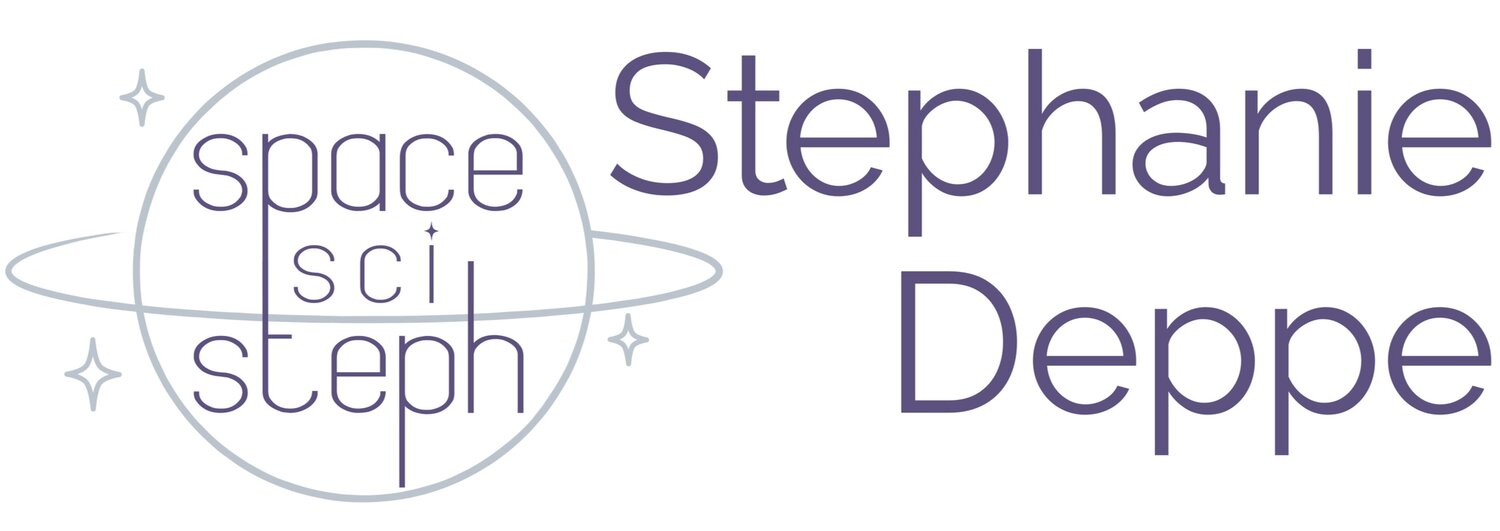New Astrobites Post: Measuring the Expanding Universe with Binary Black Holes
/It’s been a minute, but I have another new post up on Astrobites!
This latest post describes how some talented colleagues of mine, Marcelle Soares-Santos and Antonella Palmese, led efforts to measure how fast the universe is expanding using the collision of two black holes measured by LIGO. This is an important measurement because this particular method is completely independent of other previous methods. Previous methods have relied on electromagnetic signals, such as from a specific type of supernova (Type Ia) or the Cosmic Microwave Background, but these methods are currently in tension with each other. Measuring the expansion rate of the universe using binary black holes will be able to tell us which, if either is right!
Unfortunately, the authors only had one event to work with, but they show that with 100 events, binary black hole collisions will be an equally powerful way to measure the expanding universe as current methods!


